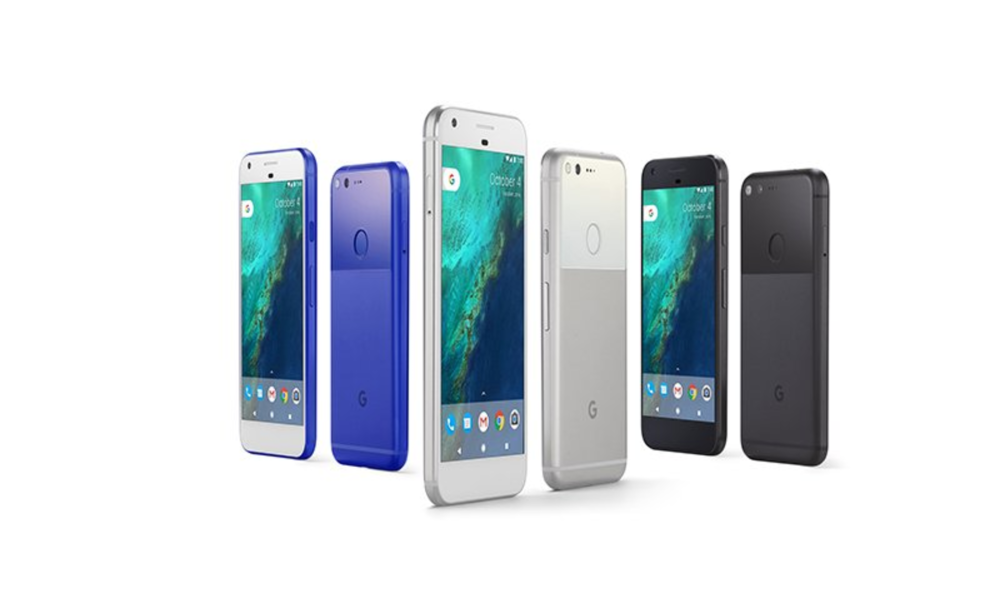Google announced a number of new products at its 2016 Hardware event in San Francisco, including its new Pixel smartphone brand (which will replace the popular Nexus program).
Though outwardly centered on hardware and products, the common thread throughout the event was very much grounded in software, specifically Google Assistant, Google’s machine learning voice assistant, and answer to other prolific VAs like Amazon’s Alexa or Apple’s Siri.
Through products like Google Home, the Pixel phone, and the recently released messaging app Google Allo, Google appears to be aggressively angling for the top spot in the emerging battle for virtual concierge dominance that Amazon currently leads through its surprise hit Amazon Echo.
The respective quality of all of these features and products aside, it’s clear that the major players in tech are investing heavily in a separate if tangential field of artificial intelligence. Here are three reasons why VA will be a big deal for marketers:
-
VA could be a major inroad for purchasing decisions and all brands will want to be able to sell on each platform
-
Current operating systems are intended to be free with the purchase of the hardware, but there will always be the opportunity for premium, ad-supported services
-
The more helpful it is in helping individuals make purchasing decisions, the less important other avenues of marketing (like display, email) could become








